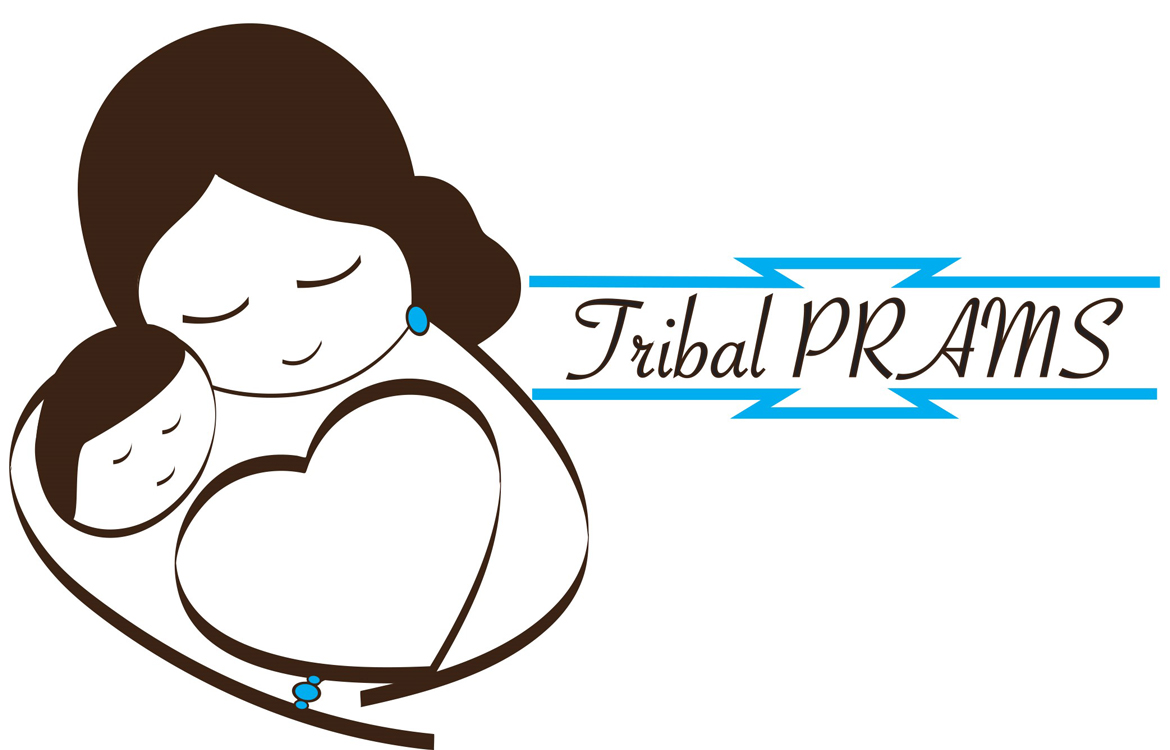The U.S. Department of Justice (DOJ), Office of Justice Programs (OJP), National Institute of Justice (NIJ) is seeking applications for research and evaluation on violence against women. This program furthers the Department’s mission by sponsoring research to provide objective, independent, evidence-based knowledge and tools to meet the challenges of victims of crime, particularly at the state, local, and tribal levels.

Month February 2019
Tribal EpiCenters
02/13/2019
Tribal PRAMS is a collaboration between AASTEC, the Navajo Tribal Epidemiology Center, and the New Mexico Department of Health.
The survey is complimentary to the existing New Mexico PRAMS, where the majority of new AI/AN mothers not selected for participation in this state-sponsored surveillance system, are invited to participate in Tribal PRAMS. The survey instrument consists of Centers for Disease Control and Prevention PRAMS core survey questions, the NM-state specific PRAMS questions, and a Tribal addendum, which includes questions about breastfeeding, injury prevention, language, and cultural activities. Survey administration is multimodal, where participants can complete the survey by mail, online, or telephone.
The overarching goal of Tribal PRAMS is to strengthen the availability of high quality, AI/AN-specific data that can be used by tribes and tribal health programs to:
- Understand the health status and specific needs of AI/AN mothers and their babies throughout New Mexico
- Monitor trends in the health status of AI/AN perinatal women and their infants over time
- Develop and/or enhance health programs and clinical care for AI/AN perinatal women and their infants
- Inform tribal maternal child health policy development
For more information on Tribal PRAMS, please contact Sheldwin Yazzie shyazzie@aaihb.org or Ayanna Woolfork awoolfork@aaihb.org
Tribal EpiCenters
02/07/2019
The Albuquerque Area Southwest Tribal Epidemiology Center (AASTEC) is excited to announce the creation of the Tribal Injury Prevention Resource Center (TIPRC). This program serves all American Indian/Alaska Native tribal and urban communities across the country.
Its key aims are to provide technical assistance and training to promote the implementation of evidence-based best practices in motor vehicle safety throughout Indian Country with the goal of reducing injuries and fatalities associated with motor vehicle crashes.
Technical support and Program Services
- Understand and implement best practices for tribal motor vehicle injury prevention.
- Develop tribal policies to decrease alcohol-impaired driving and to promote seatbelt and car seat use.
- Evaluate tribal motor vehicle safety projects.
- Develop local surveillance systems to track injuries and deaths caused by motor vehicle crashes.
- Identify data sources to monitor motor vehicle crashes and fatal and non-fatal injuries caused by crashes.
- Collect and manage observational survey data related to seat belt and car seat use, etc.
Injury Prevention Trainings (available upon request)
- Child Passenger Safety (CPS) technician certification and CEU courses
- Safe Native American Passengers (SNAP) training
- IHS Introduction to Injury Prevention (Level 1) training
- IHS Intermediate Injury Prevention (Level 2) training
- Identifying funding opportunities for tribal injury prevention programs
TIPRC Team
Jerrod Moore (jmoore@aaihb.org) TIPRC Program Manager
Carrie Brown, MSML (cbrown@aaihb.org) Tribal Traffic Safety Specialist
Tabatha Harris, MHHSA (tharris@aaihb.org) Tribal Traffic Safety Specialist
- 1
- 2


